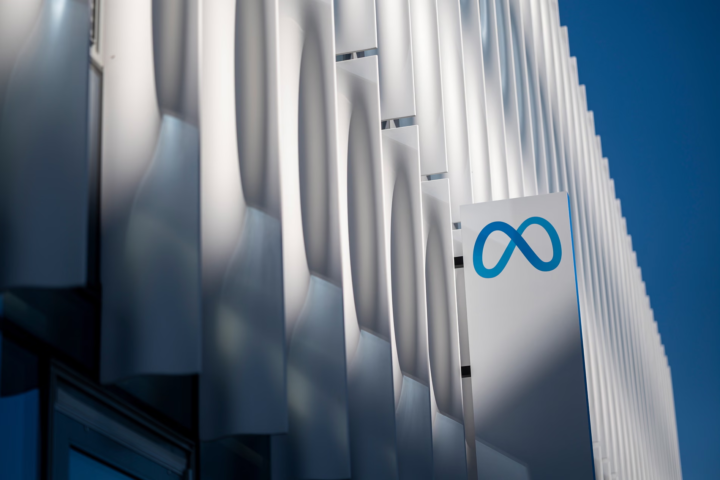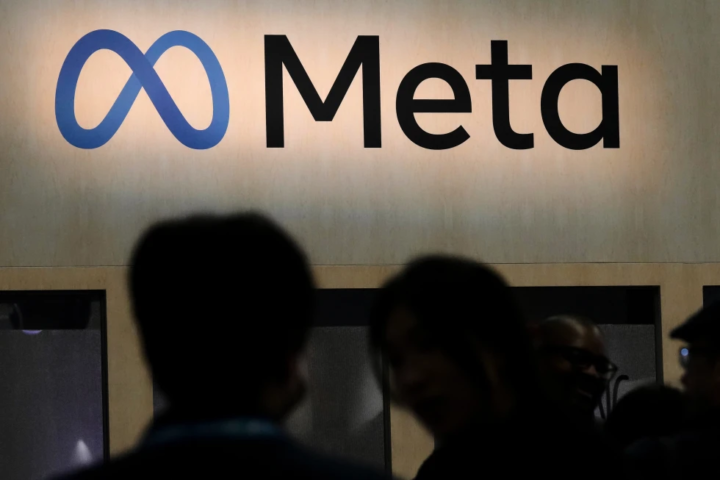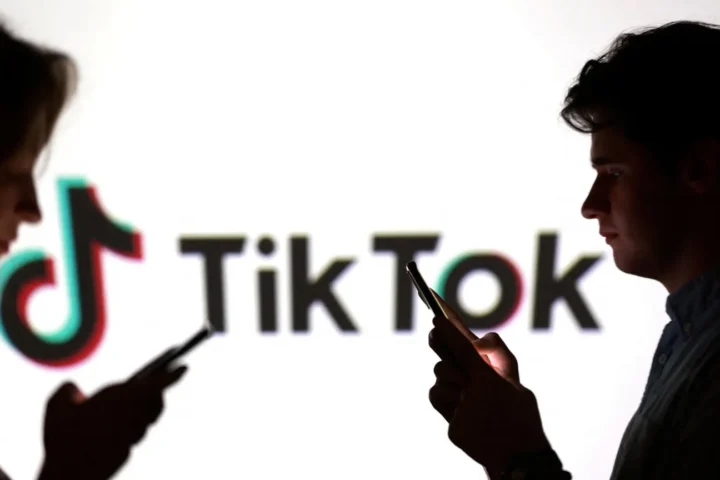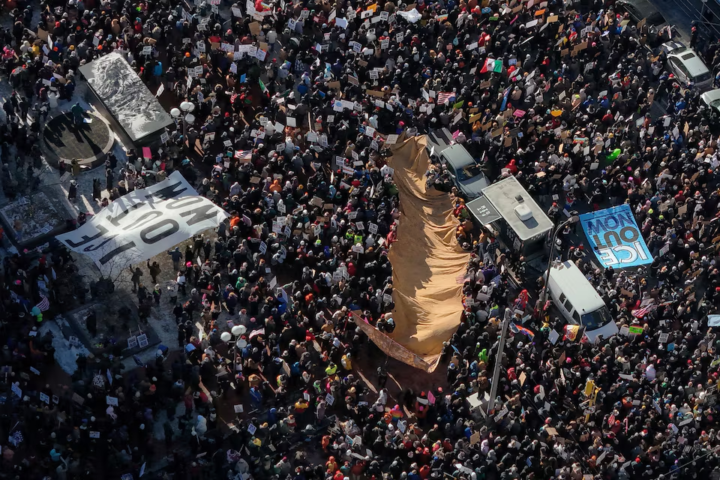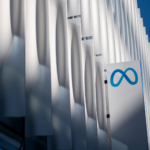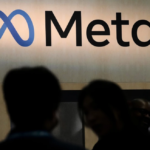Meta, the corporate master of Facebook, Instagram, and WhatsApp, is launching a record-setting foray into artificial intelligence (AI), with CEO Mark Zuckerberg saying he plans to invest hundreds of billions of dollars in giant AI computer farms—some as large as Manhattan—aggressively recruiting top AI researchers from competitors such as Apple and Googl
The recent actions of the company are a mass escalation of the AI arms race, where tech giants are racing to create artificial general intelligence (AGI), a type of AI that can be smarter than the human mind. Meta is doing its thing by building multi-gigawatt data centers, releasing fresh AI products, and hiring away talent, even going so far as to offer salary deals of up to $200 million to lure away experts
The Manhattan-Sized Data Centers Powering Meta’s AI Dream
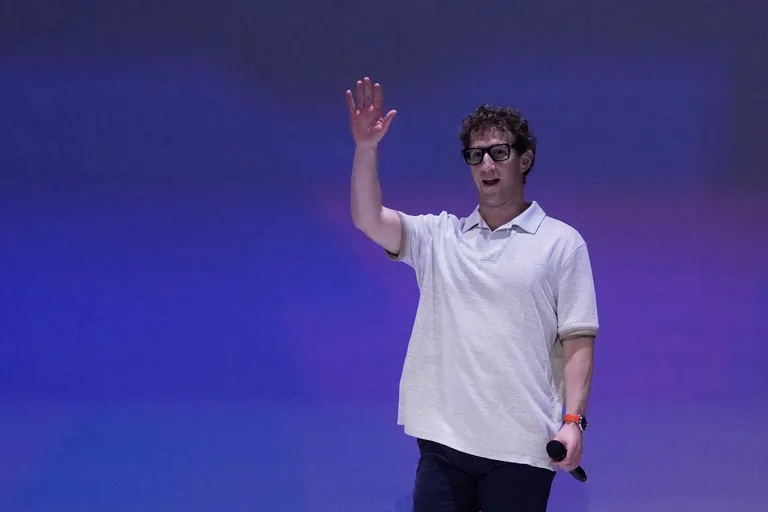
Zuckerberg explained that Meta is developing two enormous data centers—Prometheus, which goes live in 2026, and Hyperion, which will expand to 5 gigawatts over the next few years. Both of these facilities, which take their names from mythical titans, will be among the largest globally, and one of them spans a land area roughly the size of Manhattan (59.1 square kilometers).
The massive size of such data centers reflects Meta’s ambition in AI infrastructure. Meta’s estimated 2025 capital expenditure is $70 billion, over three times it spent four years prior 5. Even the company is going to take a $30 billion debt from private equity groups like Apollo Global Management and KKR to finance its AI dreams.
But such activities are associated with colossal environmental issues. AI data centers are infamous for using a lot of water and electricity, and one AI query is estimated to use as much water as a small bottle 11. In 2027, global AI data centers will consume 1.7 trillion gallons of water per year, raising sustainability issues about Meta’s hyper growth.
Meta’s Talent War: Poaching Apple’s AI Researchers
To speed up its AI expansion, Meta embarked on a hiring spree and poached top AI scientists from Apple, Google, and OpenAI. Most recently, the firm recruited Mark Lee and Tom Gunter, two of Apple’s most important AI professionals, shortly after poaching their previous manager, Ruoming Pang, with a pay package of over $200 million.
These high-profile acquisitions are part of Meta’s newly formed Superintelligence Labs, a division led by Alexandr Wang, the former CEO of Scale AI, following Meta’s $14.3 billion investment in the data-labeling startup 15. The division aims to develop advanced AI models that could outperform existing systems like OpenAI’s GPT and Google’s Gemini.
Zuckerberg himself has spearheaded the hiring spree, insisting that Meta requires the “best AI talent and hardware” to win the AI race. Detractors say that Meta’s heavily aggressive recruitment and infrastructure outlays constitute a “spend-now, profit-later” strategy, like that of its humble beginnings in social media supremacy .
Meta’s AI Products: From Llama 4 to the Meta AI App
In addition to talent and infrastructure, Meta is launching new AI products that will push AI even deeper into people’s lives. The company just announced the Meta AI app, a standalone AI assistant on its Llama 4 model that’s designed for voice, image creation, and personalized recommendations.
The app enables individuals to:
Chat naturally with full-duplex speech tech.
Create and edit images using voice.
Swipe through a Discover feed to see AI-posted material from others.
Meta’s internal AI efforts also hit the skids. Launch of the Llama 4 model was met with a yawn when some staff mocked the company’s “scattershot approach” to developing AI. Meta has also found itself at the center of privacy scandals, including in Australia, when it contended that it needs access to users’ social media posts to understand “Australian concepts” in training AI.
Investor Anxieties and Meta’s Financial Prospects
In spite of Meta’s aggressive AI strategy, investors are still worried. The company’s shares are trading at 16 times its projected EBITDA, cheaper than peer firms such as Reddit and Pinterest, due to disbelief in Meta’s capacity to monetize AI.
Some of the detractors believe that Meta’s “buy-and-build” approach to AI, through a combination of acquisitions such as Scale AI and in-house research, is illogical and may lead to inefficiencies. Others take note of Meta’s previous blunders, including its $60 billion bet on the metaverse, which up till now has returned little.
But Zuckerberg is optimistic, referencing Meta’s $165 billion-a-year revenue and healthy ad business as evidence the company has the capital to chase its AI dreams. “We have the capital from our business to do this,” he said.
The Future of Meta’s AI Empire
The Future of Meta’s AI Empire
Meta’s aggressive push into AI infrastructure, talent, and products positions it as the leader of the AI race. But hurdles such as regulatory attention, environmental issues, and rivalry from OpenAI and Google may hinder its growth.
As Zuckerberg steers his company toward its “superintelligence” horizon, the tech industry waits with bated breath to see whether Meta can turn its social media kingdom into a fountain of AI leadership—or if ambition will outrun ability.
Here’s the one thing that’s certain: Meta is wagering hundreds of billions of dollars that AI will be its next great frontier.


